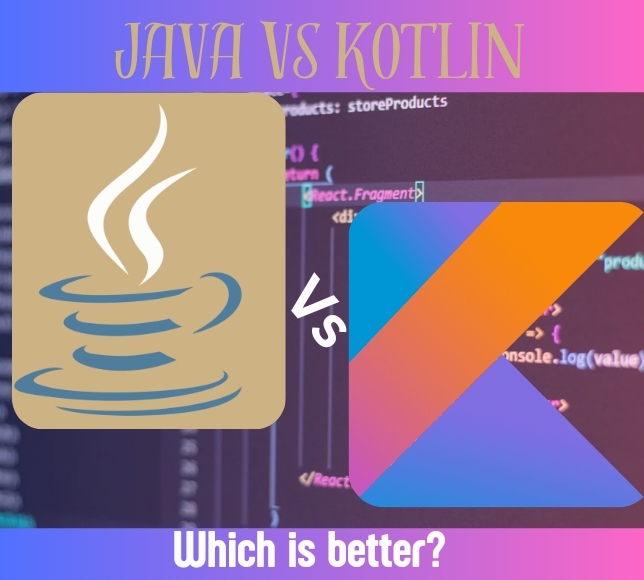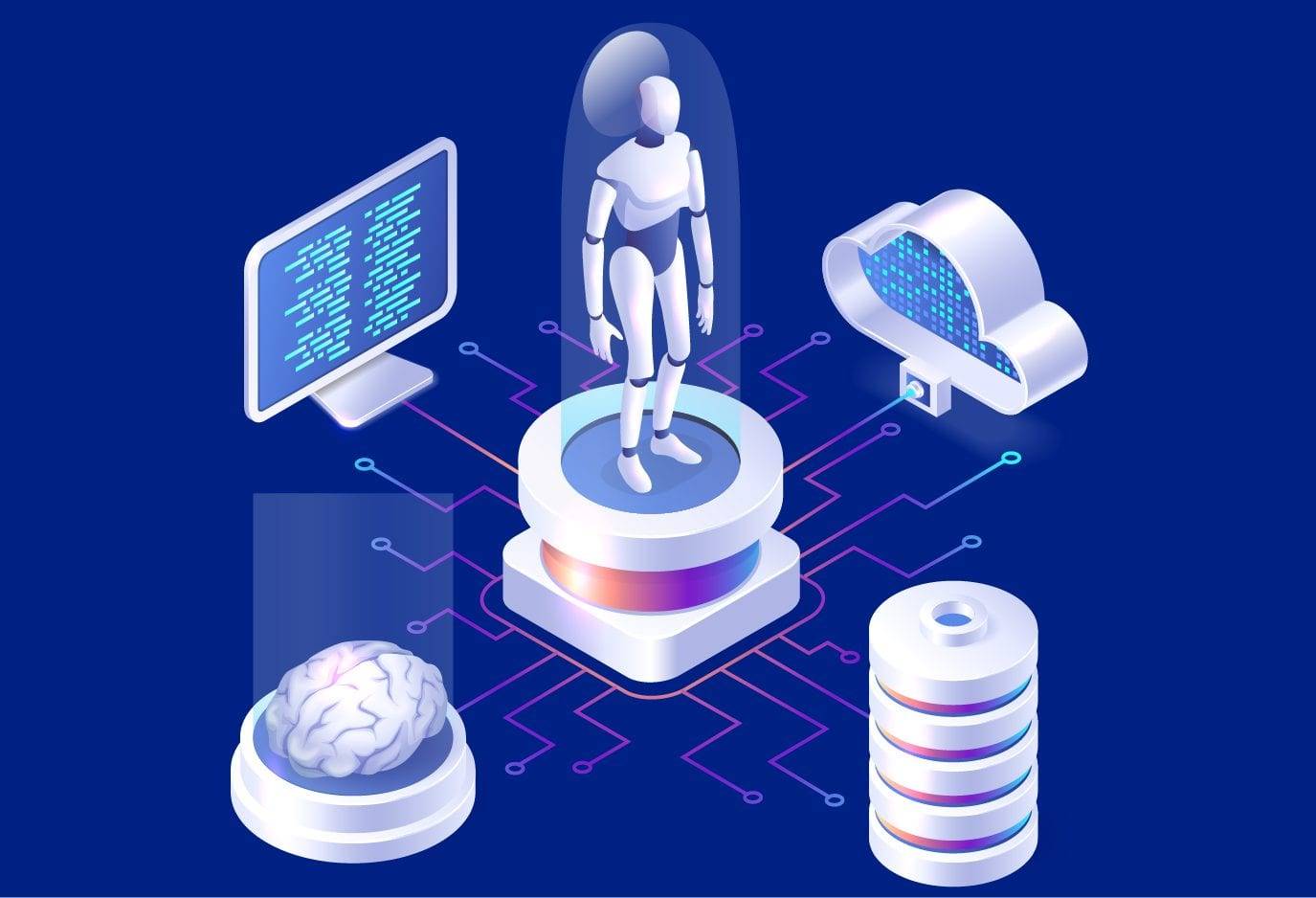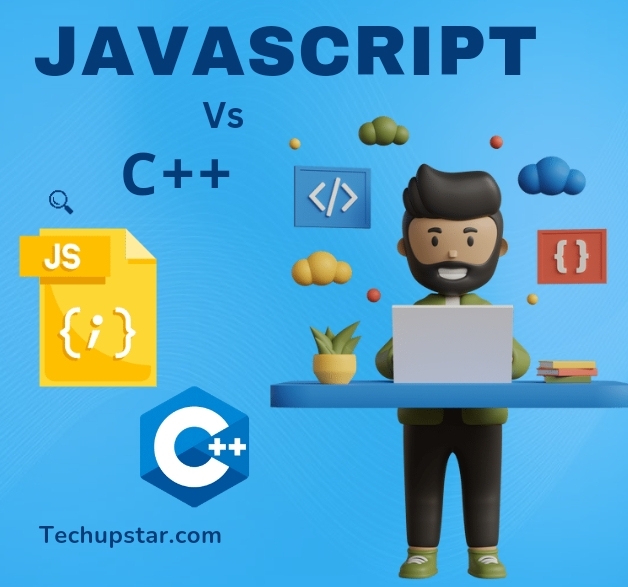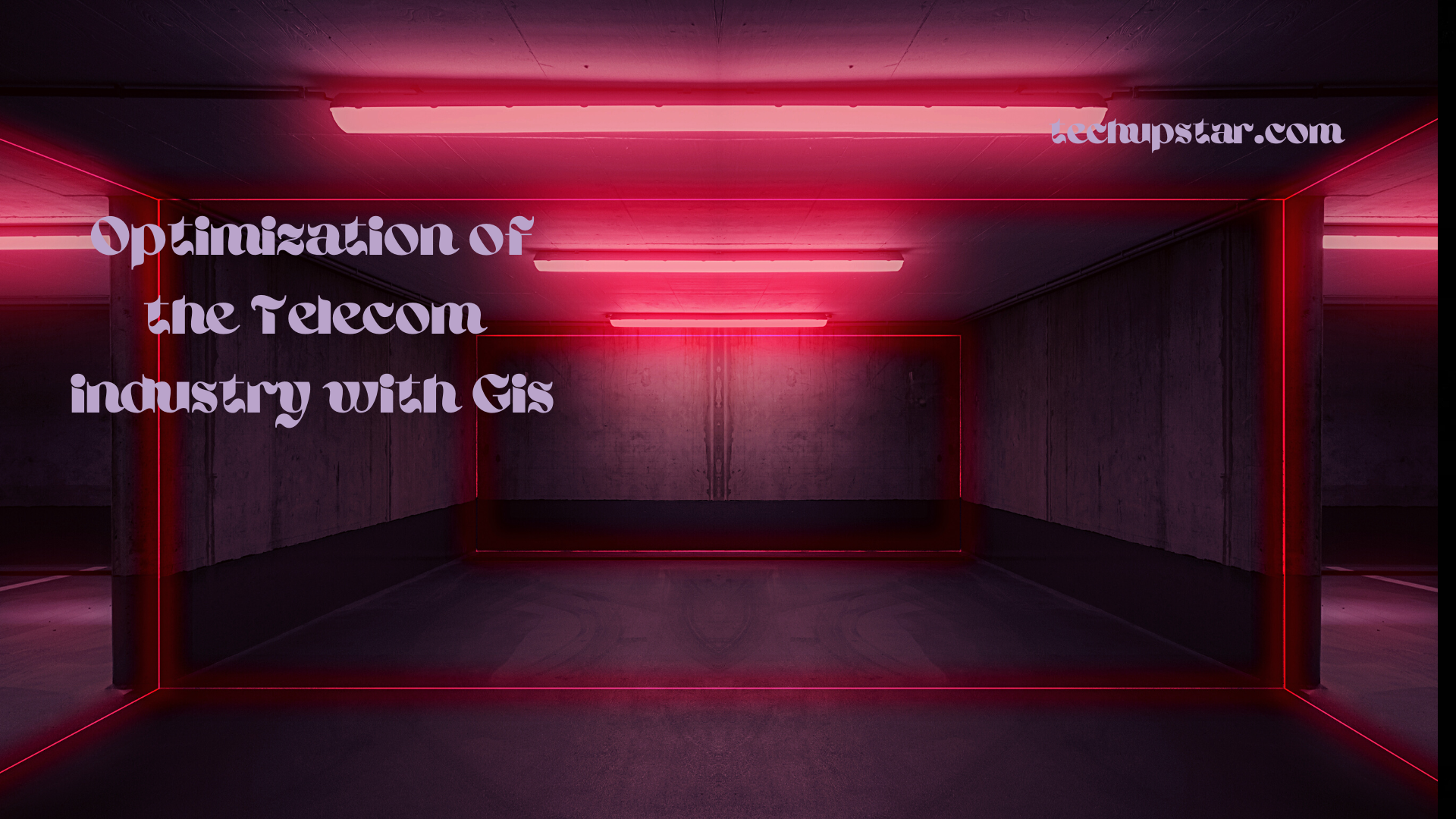Kotlin and Java are two of the most popular programming languages used in today’s world. While both are powerful tools for developing applications, they differ in terms of performance, syntax, backend support, and ease of learning. In this blog post, we will compare the two languages on these aspects to help you make an informed decision on which language is right for you. We will also provide helpful resources to deepen your understanding of both Kotlin and Java. So read on if you want to know more about which language is better: Kotlin vs Java?
YOU CAN ALSO READ : THE USE OF BLAZOR VS JAVASCRIPT IN WEB DEVELOPMENT
Comparing the performance of Kotlin Vs Java
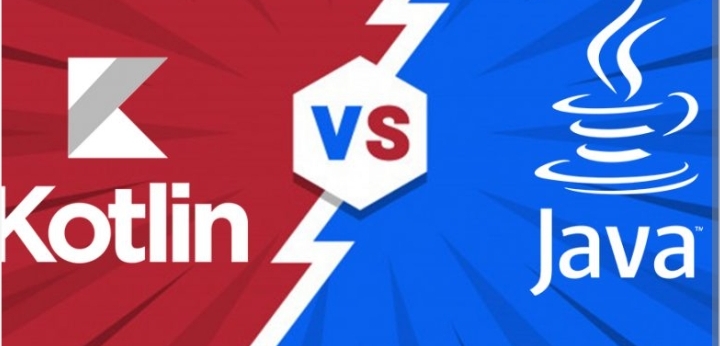
Performance is an important factor to consider when choosing a programming language. Both Kotlin Vs Java offer high performance, but they differ in terms of latency, throughput, scalability, and memory consumption. Let’s take a closer look at each language’s performance.
Java has a reputation for being fast and efficient due to its low memory footprint and speedy execution times. It also offers good scalability, meaning that programs can be adapted to fit any hardware or software environment. Compilation time is usually much shorter in Java than other languages, which makes it easier to write code quickly.
YOU CAN ALSO READ : JAVASCRIPT IN ARRAY: THE ART OF DIGITAL EXPRESSION
Kotlin doesn’t require as many resources as Java does, making it less resource-intensive and having relatively low startup times. It also offers less boilerplate code than Java which can lead to faster development times and fewer bugs in your code. Additionally, Kotlin has good scalability and its compilation time is usually shorter than in Java.
Overall both languages are powerful tools for developing applications with strong performance metrics; however the differences between them could make one more suitable for your needs than the other depending on what you are trying to do. Understanding the differences between these two languages will help you make an informed decision on which language is right for you.
Comparing syntax: Kotlin Vs Java
Comparing the syntax of Kotlin and Java reveals some key differences between them. Kotlin is a more concise language, with less code necessary for type declarations and other common tasks. This means that developers can write code faster and with fewer errors. Additionally, Kotlin has more support for custom types, functional programming, and generics than Java does.
YOU CAN ALSO READ : JAVASCRIPT VS C++ GUIDE FOR DEVELOPERS
Kotlin also has strong expression of ideas through its type inference system, which eliminates the need to specify the type of every variable explicitly while still providing type safety. This makes it easier to read code written in Kotlin than in Java due to reduced verbosity. Furthermore, Kotlin supports modern programming paradigms such as higher-order functions, lambdas, coroutines, and inline functions – something that isn’t available in Java at all.
Overall, both languages have their advantages and disadvantages when it comes to syntax. However, one thing remains clear – Kotlin offers a much more concise syntax with features like type inference that give it an edge over Java in terms of readability and ease of understanding.
Kotlin Vs Java: Comparing backend support

When it comes to backend support, both Java vs Kotlin have their own unique advantages. Java has been a popular language for over two decades, so there’s no shortage of frameworks available such as Spring Boot, Grails, and JHipster. These are all powerful tools that can be used to develop robust applications quickly and easily.
YOU CAN ALSO READ : JAVA VS JAVASCRIPT GUIDE FOR DEVELOPERS
Kotlin is a newer language but still offers great backend support with frameworks like Ktor and Spring Boot. Its syntax is more concise than Java which makes code easier to read and maintain, while its lightweight nature also leads to faster performance in certain scenarios. Furthermore, Kotlin provides better interoperability with existing Java libraries and frameworks which is a huge plus for developers looking to incorporate existing components into their projects.
In the end, it really depends on your specific requirements when deciding between the two languages. While Kotlin may present some advantages over Java when it comes to back-end development, Java continues to remain a reliable choice due to its wide range of supported tools and libraries as well as its widespread use across multiple platforms.
Ease of learning
When deciding which language to learn first, it is important for prospective coders to consider the advantages and disadvantages of both Java vs Kotlin before making a decision. As far as ease of learning goes, Kotlin offers its own unique set of features that make it easier for those just getting into coding projects to quickly get up and running with development tasks. Its concise syntax allows users to write code more efficiently while modern programming paradigms like higher-order functions, lambdas, coroutines, and inline functions allow developers to further customize their applications.
On the other hand, Java provides an easier entry point for those who already have experience working with other languages due to its similarity in syntaxes with C++ and C#. Furthermore, the large number of frameworks available for Java ensure that most development tasks can be done quickly and easily.
YOU CAN ALSO READ : THE UNIVERSAL BENDING MAGIC OF REPLACE ALL WITH JAVASCRIPT.
Both languages offer their own unique advantages when it comes to ease of learning; however they both have their fair share of tradeoffs as well. Prospective coders must take into account all factors before deciding which language they want to focus on first in order to maximize the efficiency and effectiveness in which they learn how to code.
With its concise syntax combined with modern programming paradigms such as higher-order functions, lambdas, coroutines, and inline functions included in the language itself makes Kotlin a great starting point for beginners looking for an efficient way into coding projects without having an extensive background knowledge on computer science theory; while Java may be a better option for experienced programmers who are familiar with other similar languages such as C++ or C# due its similarity in syntaxes compared with them.
Why KOTLIN is better than JAVA
When it comes to comparing KOTLIN and JAVA, KOTLIN performs greatly more than JAVA in many aspects.
With KOTLIN you can craft simple and more powerful codes, some code errors can be minimized and removed with KOTLIN.
Many things made KOTLIN better than JAVA
They are
- With KOTLIN you can reduce the amount and length of code
- With KOTLIN you can create more powerful codes
- With KOTLIN you can reduce code errors
- With KOTLIN your code lines will look more neat and moderate. Etc.
KOTLIN and JAVA which is better for Android development
The truth is both JAVA and KOTLIN can be used to develop Android but both of them don’t have the same capacity.
JAVA can be used to carry out many tasks in developing Android to a certain standard but when it comes to making the Android development look more modern and beautiful KOTLIN will successfully carry out that process.
There are some extent JAVA can be used
Generally, KOTLIN is far better for Android development because it will help modern Android development and make it look better.
In All, Both KOTLIN and JAVA are good for Android development but KOTLIN will perform better than JAVA.

Conclusion
The conclusion of this article is that Kotlin vs Java both offer their own advantages and tradeoffs. While Java has been around for longer and is familiar to a wide range of developers, it has certain limitations such as its lack of support for modern programming paradigms. On the other hand, Kotlin offers a concise syntax with features like type inference that give it an edge over Java. Ultimately, the choice between the two languages depends on the specific requirements of the project and any potential future trends that may affect their use.
